A team of prominent historians and curators have produced this innovative cultural history of gold and its impact on the development of Australian society. Throughout history, gold has been the "stuff" of legends, fortunes, conflict and change. The discovery of gold in Australia 150 years ago precipitated enormous developments in the newly settled land. The population and economy boomed in spontaneous cities. The effects on both the environment and indigenous Aboriginal peoples have been profound and lasting.
Iain McCalman Books
Iain McCalman is a professor of history and the humanities, deeply engaged with the historical narratives of western environmental and cultural crises. His work explores the intersection of scientific voyaging, ethnography, and environmentalism, offering a unique perspective on humanity's relationship with the natural world. As co-director of the Sydney Environment Institute, he bridges academic research with pressing contemporary environmental concerns. McCalman also brings history to life as a consultant and narrator for documentaries, making complex historical and ecological themes accessible to a broad audience.
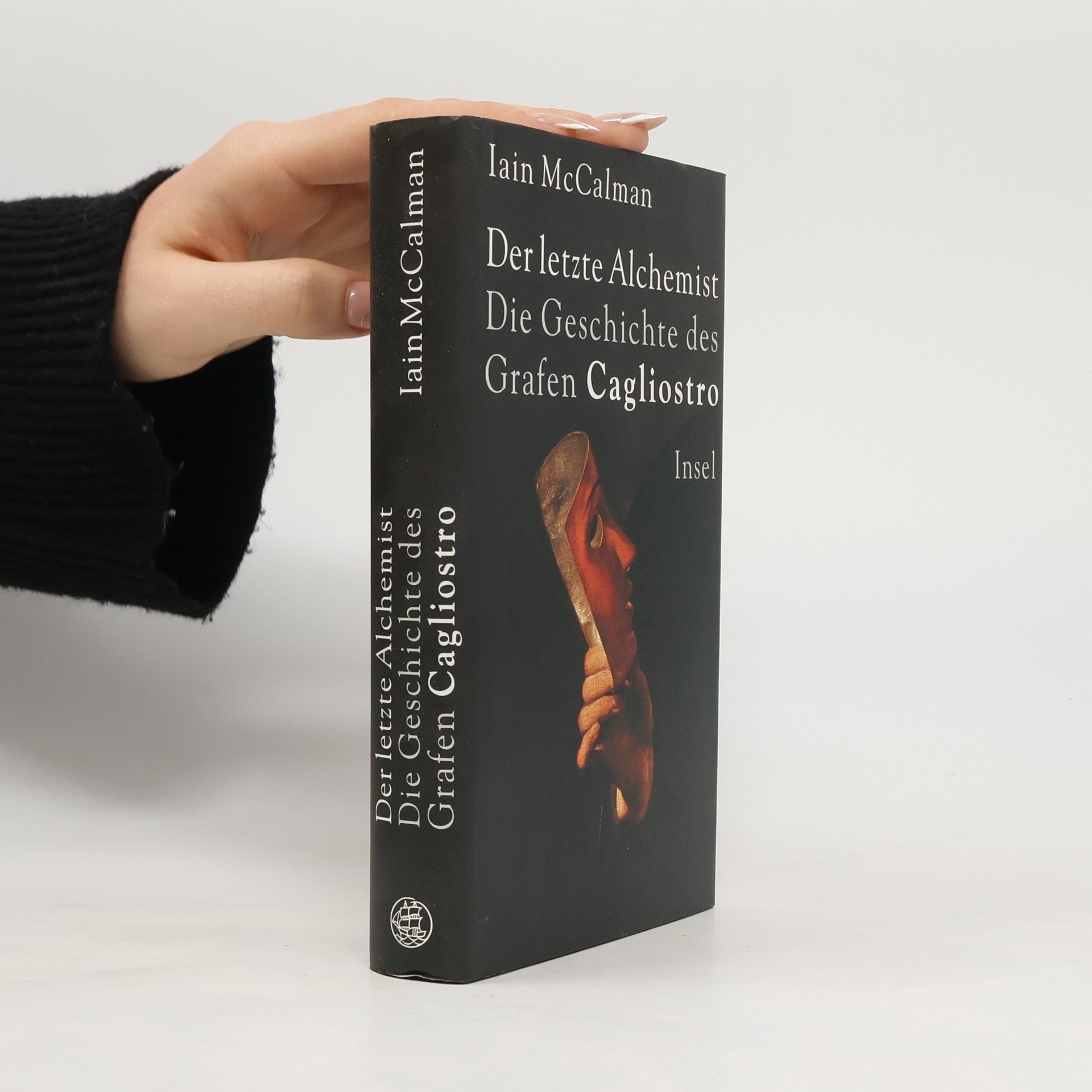
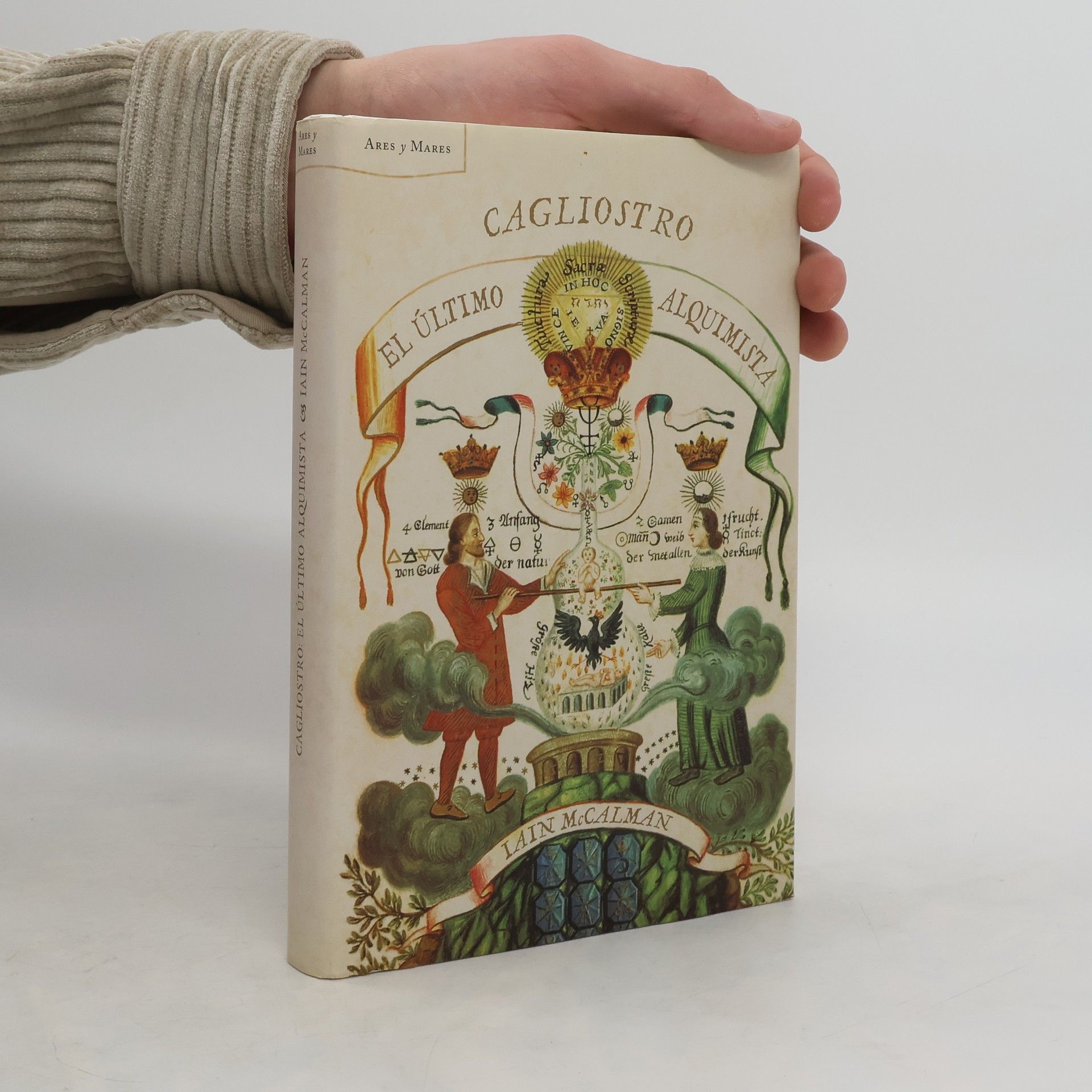

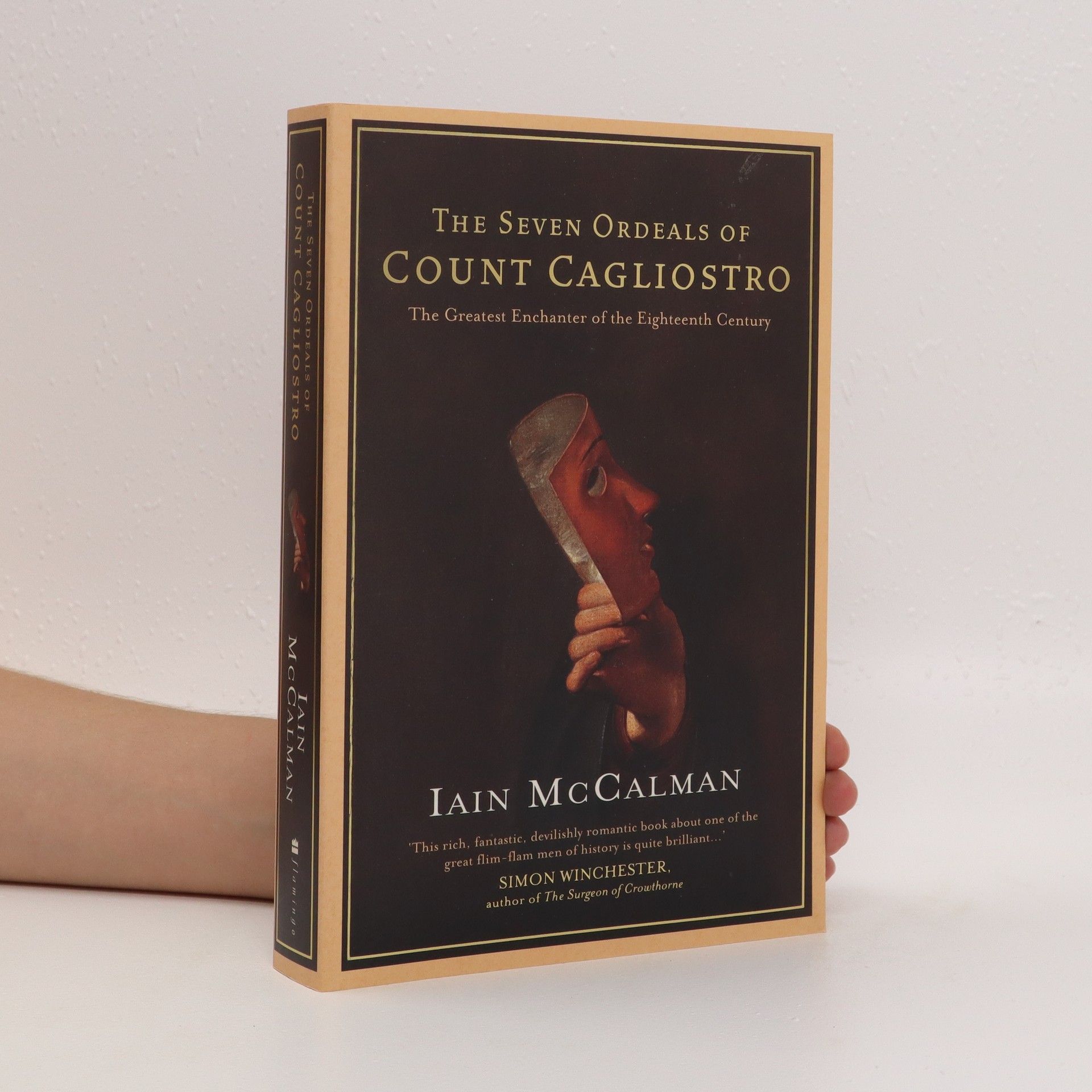
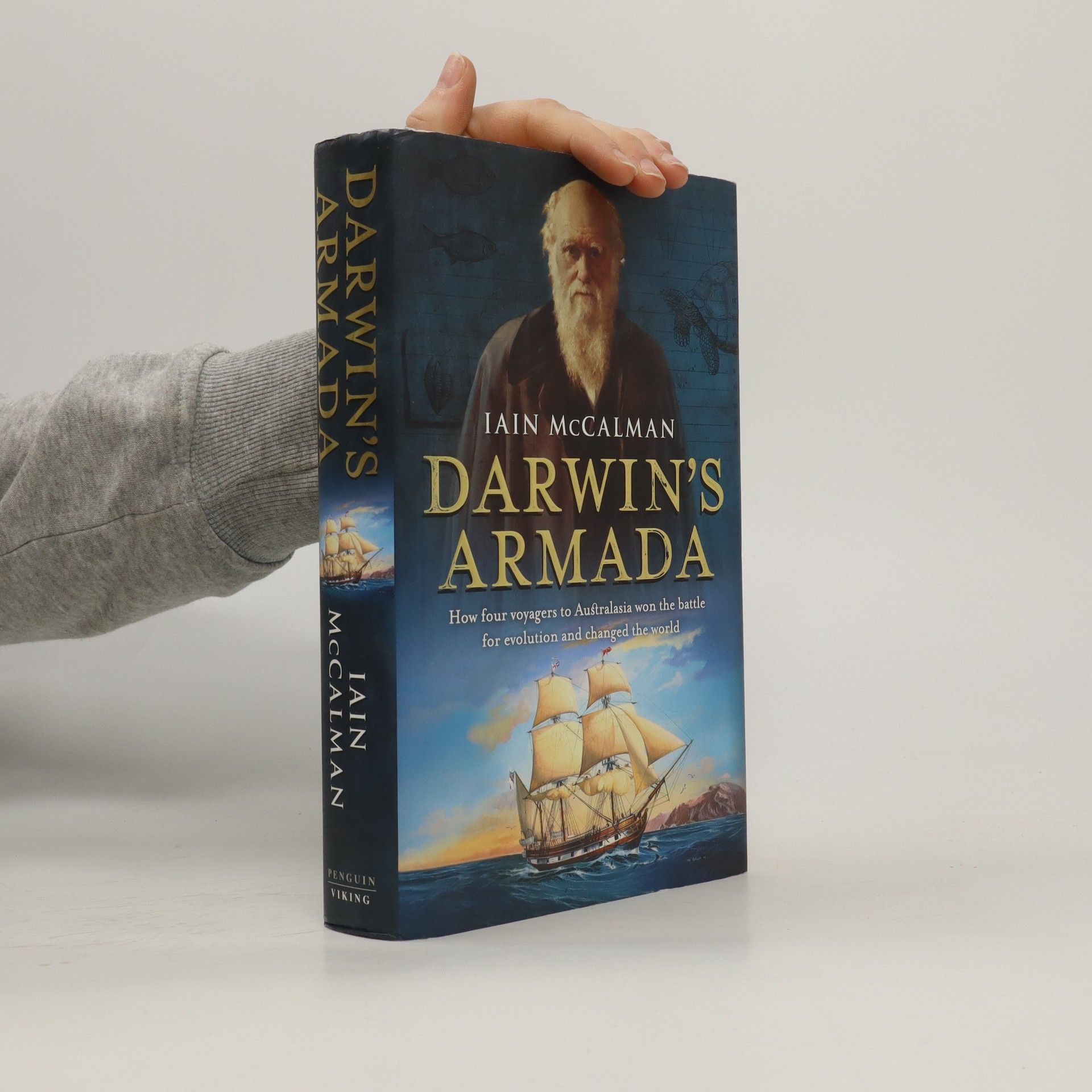
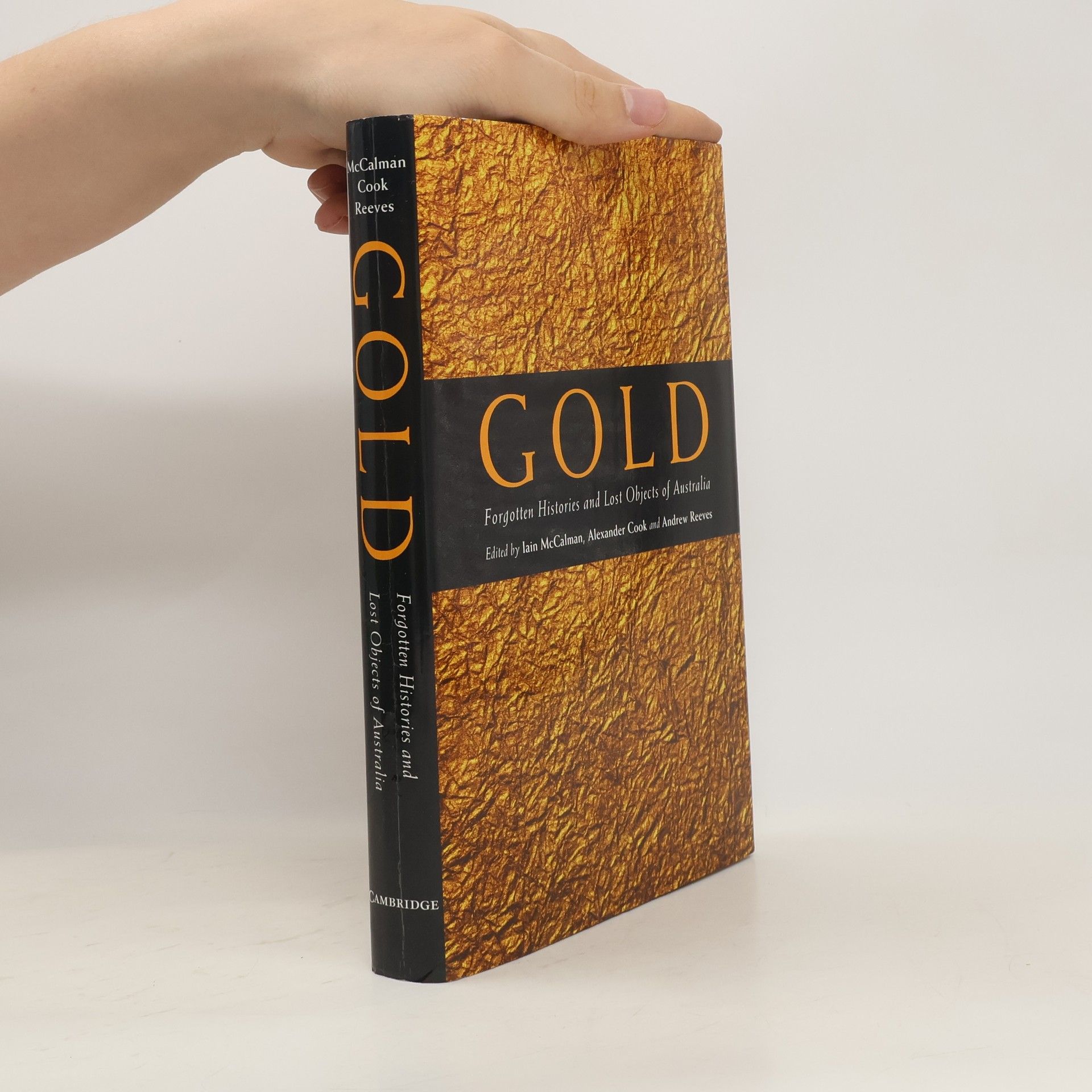
Darwin's armada
- 422 pages
- 15 hours of reading
Sent to Cambridge for the clergy, young Darwin discovered a passion for naturalism and accepted an invitation to sail on a naval survey vessel to South America, New Zealand, and Australia, a journey that would alter his life and modern science. Inspired by Darwin, Joseph Hooker embarked on his own voyage from the Cook Islands to Antarctica, conducting botanical research that provided critical evidence for Darwin's evolving theories and establishing him as Darwin's closest ally. Thomas Huxley, known as "Darwin's Bulldog," championed evolution against the clergy while making significant marine biology discoveries in the Southern Hemisphere, and unexpectedly fell in love in Sydney. Alfred Wallace, the least recognized yet perhaps the most brilliant, spent years collecting specimens in remote jungles and independently developed a theory of evolution by natural selection, prompting a moral crisis for Darwin and leading to the writing of *On the Origin of Species*. This narrative portrays the Darwinian revolution as a collective effort in Australasia, showcasing how these four remarkable men gathered evidence for evolution and engaged in the ensuing social and intellectual battles. Their combined efforts changed the world, making this account both an adventure story and a significant historical work.
The Seven Ordeals of Count Cagliostro
- 352 pages
- 13 hours of reading
Guiseppe Balsamo, the Count of Cagliostro, was an 18th-century Sicilian who became a magician, mystic, healer, Freemason, swindler, and last, but not least, a pornographer. He was so controversial, he became a central figure in Faust and the Magic Flute. This work features his story that is told through the eyes of seven of his contemporaries.
Exploring the evolution of visual entertainment since the late 1700s, this book delves into reenactment as a dominant form of popular history. It examines the challenges of defining reenactment and its boundaries, while also addressing the interplay between realism and emotional impact. Through this analysis, it sheds light on how reenactment shapes our understanding of history and nature.
El siglo XVIII, conocido por su énfasis en la razón gracias a filósofos como Voltaire y Rousseau, también fue un periodo de magia y misterio, donde personajes como el conde Alessandro Di Cagliostro emergieron. Su vida es un enigma cautivador: algunos lo veneraban como un santo laico que ayudaba a los necesitados, mientras que otros lo veían como una amenaza para la monarquía y la iglesia. Cagliostro se convirtió en una figura polarizadora de la época, interactuando con personalidades como Casanova, Catalina la Grande, y la realeza francesa, hasta que el papa Pío VI lo entregó a la Inquisición, donde murió en 1795. Su legado ha perdurado, inspirando obras como la opereta de Johann Strauss y el personaje de Mozart en "La flauta mágica". Para Umberto Eco, Cagliostro representa un "posmoderno" actual, un profeta new age que explota la vulnerabilidad humana. En contraste, Walter Benjamin lo ve como un titán cultural, un mesías underground y el último alquimista, simbolizando el irracionalismo que desafía a los defensores de la razón. La pregunta persiste: ¿quién fue realmente el conde Cagliostro?
Guiseppe Balsamo was born in the mid-eighteenth century in the slums of Palermo, Sicily. He would rise from obscurity to become the legendary Count Alessandro di Cagliostro, whose dangerous charm and reputed healing would make him the darling - and bane - of upper-crust Europe. Moving through the period between the Age of Enlightenment and the French Revolution - a time when reason and superstition co-mingled in the minds of even the best educated - Cagliostro earned a reputation for dazzling kings, feeding the poor, healing the ill and, most conspicuously, relieving the careless rich of their money. He tangled with most of the major figures in Europe at that time, including Casanova, Mozart, Goethe and Catherine the Great. Eventually a lifetime of political intrigue led him to become the key figure in The Diamond Necklace Affair, which many believe precipitated the French Revolution itself, and which would eventually lead to his own downfall and death while imprisoned and made half insane by the Inquisition.
Poslední alchymista. Hrabě Cagliostro. Mistr magie ve věku rozumu
- 253 pages
- 9 hours of reading
Strhující kniha australského historika, odborníka na 18. století, vypráví o osudu jedné z nejpozoruhodnějších postav té doby: alchymisty, léčitele, spiritisty, zednáře a „nesmrtelného Velkého Kopta“, Giuseppeho Balsama alias hraběte Cagliostra. Na pozadí takřka neuvěřitelných životních příběhů tohoto muže, jenž prošel Evropou od Palerma po Londýn a od Petrohradu po Lisabon, se před čtenářem odhaluje druhá tvář „věku rozumu“ s jeho zednářskými lóžemi, až dětinskou vírou ve všemocný svět duchů a magických sil, sexuální posedlostí i chorobným intrikařením. Autor Iain McCalman tak znovu poodkrývá, co na Cagliostrovi tolik fascinovalo jeho současníky a též umělce, jako byl Mozart či A. Dumas, kteří se postavou tohoto dobrodruha nechali inspirovat.
